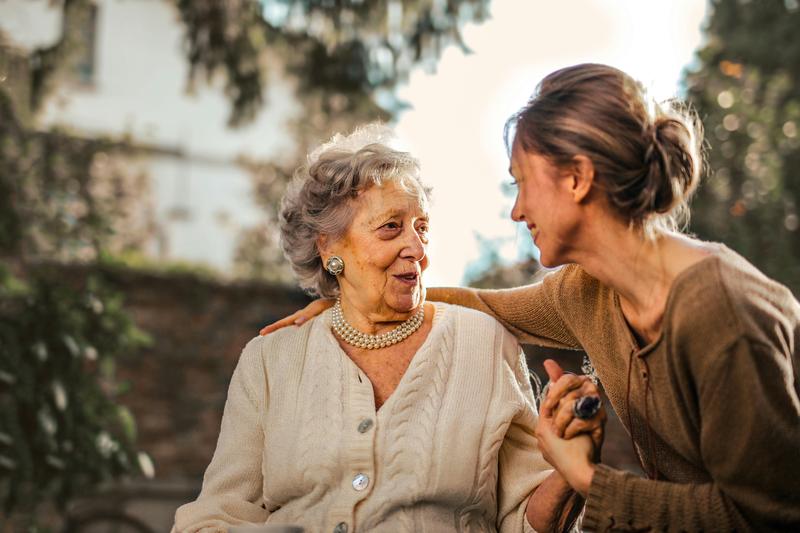Respect Isn’t Automatic

Most people say they want respect. They want to be respected in their relationships, in their careers, and they want to feel at home in their own skin. But here’s the thing—respect isn’t something you just get. It’s something you train. And the truth is, you’re training it right now, whether you realize it or not.
Today we’re talking about respect—not as an abstract idea, not as something you hope others will give you—but as a state you live, practice, and reinforce every single day. Because when respect is just a word, it doesn’t change much. But when it’s trained as a lived capacity, it shows up everywhere: in how you love, how you work, and how you treat the body you live in.
Respect Requires Training
Respect isn’t automatic. Words or ideals only matter when they’re practiced daily. Think about it: you can say you value health, but if your actions are skipping workouts, eating fast food, and running on caffeine, you’re training disrespect for your body. You can say you value partnership, but if you’re only focused on your own needs, you’re training self-centeredness in the relationship. What you train repeatedly becomes who you are. It’s that simple—and that demanding. This is why respect can’t just stay in your head. It has to be lived through perception, emotion, thought, and action.
So the question becomes: What emotional state are you unconsciously reinforcing right now? Because every time you run irritation, or impatience, or entitlement, you’re practicing the opposite of respect.

Respect as Action
Respect isn’t just a feeling. It’s action. To respect is to treat others—and yourself—with genuine care and regard. And it shows up through qualities like honesty, courage, integrity, consistency. But notice, those aren’t feelings. They’re trained responses.
Someone I worked with once had a habit of holding back at work meetings. They didn’t want to rock the boat. But what they were really doing was training avoidance. They thought they were keeping the peace, but the emotional state underneath was fear. And that pattern created frustration later on, because they weren’t speaking their mind, and then they’d resent their coworkers. Respect would’ve looked different. Respect in that moment would’ve been courage. Speaking clearly. Choosing honesty instead of retreat. So again—respect isn’t a mood you wait for. It’s a way of showing up, trained moment by moment.
In Relationships
Here’s where most people get tripped up. Respect in a relationship doesn’t mean always agreeing. It doesn’t mean putting your needs last, either. It means making the relationship itself a priority—not just your personal agenda. That looks like listening deeply, not half-distracted. It looks like adapting as both people change, instead of clinging to how things were five years ago. It looks like supporting your partner’s path—even when it’s different from yours. And yes, it means raising concerns, but doing it constructively. Without judgment. Without harm.
Here’s a common pattern I see: someone’s partner brings up a new idea, maybe something outside their comfort zone. Instead of listening, they immediately shoot it down. That reaction isn’t about the idea—it’s about the state they’ve been training. Dismissiveness. Control. Maybe fear. But if you’ve been training respect, the response changes. You listen first. You step into their perspective. You consider their vision alongside your own. That’s respect in action. So ask yourself—is the state I’m practicing in my relationship aligned with the partner I’m committed to being?

In Work
Work is one of the best training grounds for respect. Because, let’s face it—you don’t always get to choose your boss, your coworkers, or the decisions being made around you. Respect here looks like professionalism. It means valuing leadership even when you disagree. It means honoring colleagues even when personalities clash. And above all, it means orienting to the bigger vision, instead of getting stuck in personal irritations.
I’ve seen it countless times: someone gets passed over for a promotion, and their first instinct is anger or resentment. If they feed that pattern, they’re training bitterness. That emotional state shows up in their tone, their interactions, their energy. And opportunities start slipping away. But when someone chooses respect instead—congratulating the person who got the role, committing to support them—they train a completely different state. And often, that choice gets noticed. New opportunities open because respect creates stability, not drama. So the question here is: When work doesn’t go your way, what are you training—resentment, or respect?
In the Body
Now, let’s bring it home. Respecting your body is non-negotiable. You only get one. Think about how you treat something like your car. You fuel it. You service it. You don’t ignore the warning lights. But most people don’t show that same respect for their body. Skipping meals or grabbing junk food on the run. Burning out on stress with no reset. Ignoring signals like pain or fatigue. When you do that, you’re training disrespect. You’re training neglect.
Respecting your body means fueling it with nourishment. Moving it. Relieving stress. Strengthening it. And yes, gratitude—for everything it makes possible. I’ve seen people turn their health around not because they finally feared death, but because they started training respect. And once you see your body as something to respect, it becomes harder to abuse it. So—what state are you practicing in your body every day? Respect, or neglect?

Trainable Capacity
Here’s the most important piece. Respect isn’t automatic. It takes awareness. Practice. Deliberate action. But once you start training it—over and over—it becomes who you are. And the result? Stability. Trust. Success across every area of life. It’s not about being perfect. It’s about noticing the state you’re reinforcing and asking: “Is this aligned with the person I’m committed to becoming?” Because every choice, every perception, every emotional intensity is building a pattern. And that pattern is either respect…or it’s not.
An Invitation
So here’s the reflection: What emotional state are you practicing—over and over—without even realizing it? And is it respect? Or is it something else?
If you’re ready to stop managing symptoms and start training a steady, resilient inner state, I’ve built a system for that. It integrates perception, emotion, thought, and nervous system—so you don’t just understand your patterns…you actually shift them.
I also share practices weekly on Instagram—@mikewangcoaching. And if you want more depth, you can join the newsletter here.
